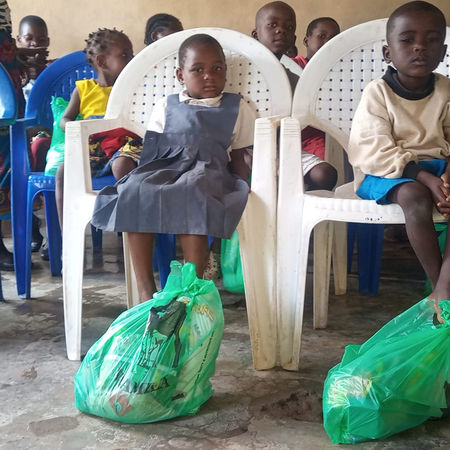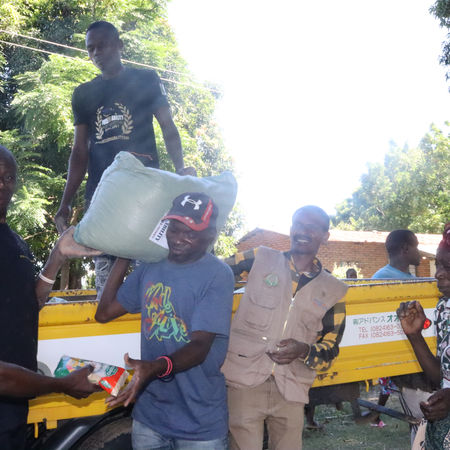
Disaster and Humanitarian Support Program
The Disaster and Humanitarian Support Program by Focus on Ability Society (FOAS), with generous support from NOVA Employment (Australia), provides timely emergency relief and long-term recovery assistance to communities in Malawi affected by natural disasters. Since 2019, FOAS has delivered food, sanitation supplies, school materials, and rehabilitation support to flood and cyclone survivors—particularly persons with disabilities, the elderly, women, and children often excluded from mainstream aid. The program champions inclusive humanitarian responses by addressing communication barriers and strengthening local resilience through community-based initiatives like climate-smart farming.
The Disaster and Humanitarian Support Program is one of the core interventions of Focus on Ability Society (FOAS), designed to respond to the growing humanitarian needs caused by climate-induced disasters across Malawi. Since 2019, the program has been instrumental in delivering inclusive and dignified relief to some of the country’s most vulnerable populations—particularly persons with disabilities, the elderly, women, and children—who are often disproportionately affected and overlooked during crisis response.
With generous support from NOVA Employment in Australia, FOAS has mobilized emergency aid to thousands of disaster survivors in multiple districts, including Chikwawa, Blantyre, and Karonga. Through this program, FOAS has distributed food supplies, hygiene and sanitation items, blankets, school materials, and clean charcoal to affected households, including those with special needs such as speech and hearing impairments. In many instances, FOAS has filled critical humanitarian gaps where communication barriers had excluded persons with disabilities from receiving adequate aid.
Notably, during Cyclone Freddy in 2023, FOAS reached over 4,000 survivors at Manja Primary School and Soche Evacuation Camps, followed by a focused donation to 18 women and children with speech and hearing impairments, ensuring inclusive and equitable relief access.
In addition to immediate response, the program integrates rehabilitation and resilience-building strategies. In 2024, FOAS supported 67 households of people with disability, elderly and most in need affected by droughts and floods in in Kaporo in Karonga. We also initiated a climate-smart winter farming project as part of recovery efforts to assist flood-affected families—especially those who had lost their homes and sources of income. The project helped support the education of over 34 secondary school students through the cultivation of maize, beans, and groundnuts on a 3-acre plot using organic inputs and small-scale irrigation.
FOAS’s approach to humanitarian support is deeply community-based and guided by values of equity, accountability, and inclusion. The organization ensures that aid delivery is sensitive to the specific needs of marginalized groups and contributes to long-term resilience, not just short-term relief.
As disasters continue to increase in frequency and intensity due to climate change, FOAS remains committed to expanding this program, building partnerships, and advocating for more inclusive humanitarian systems that leave no one behind.
Power in Numbers
5
Programs
8
Locations
5
Volunteers
Project Gallery















